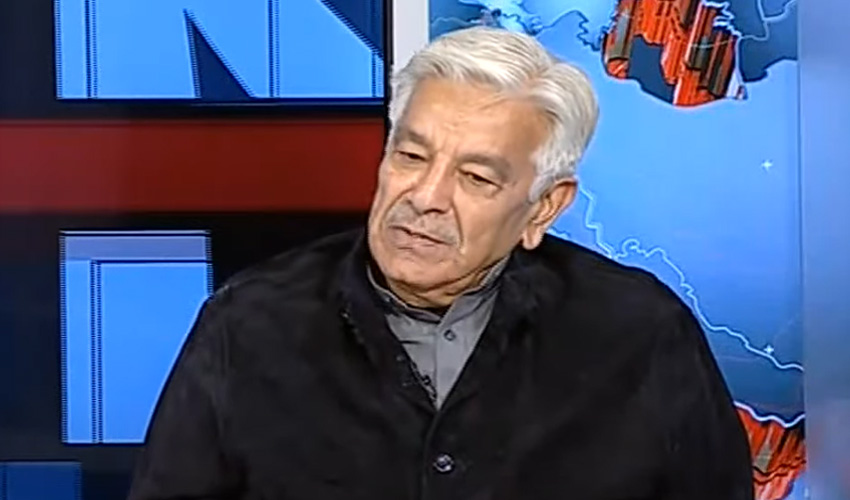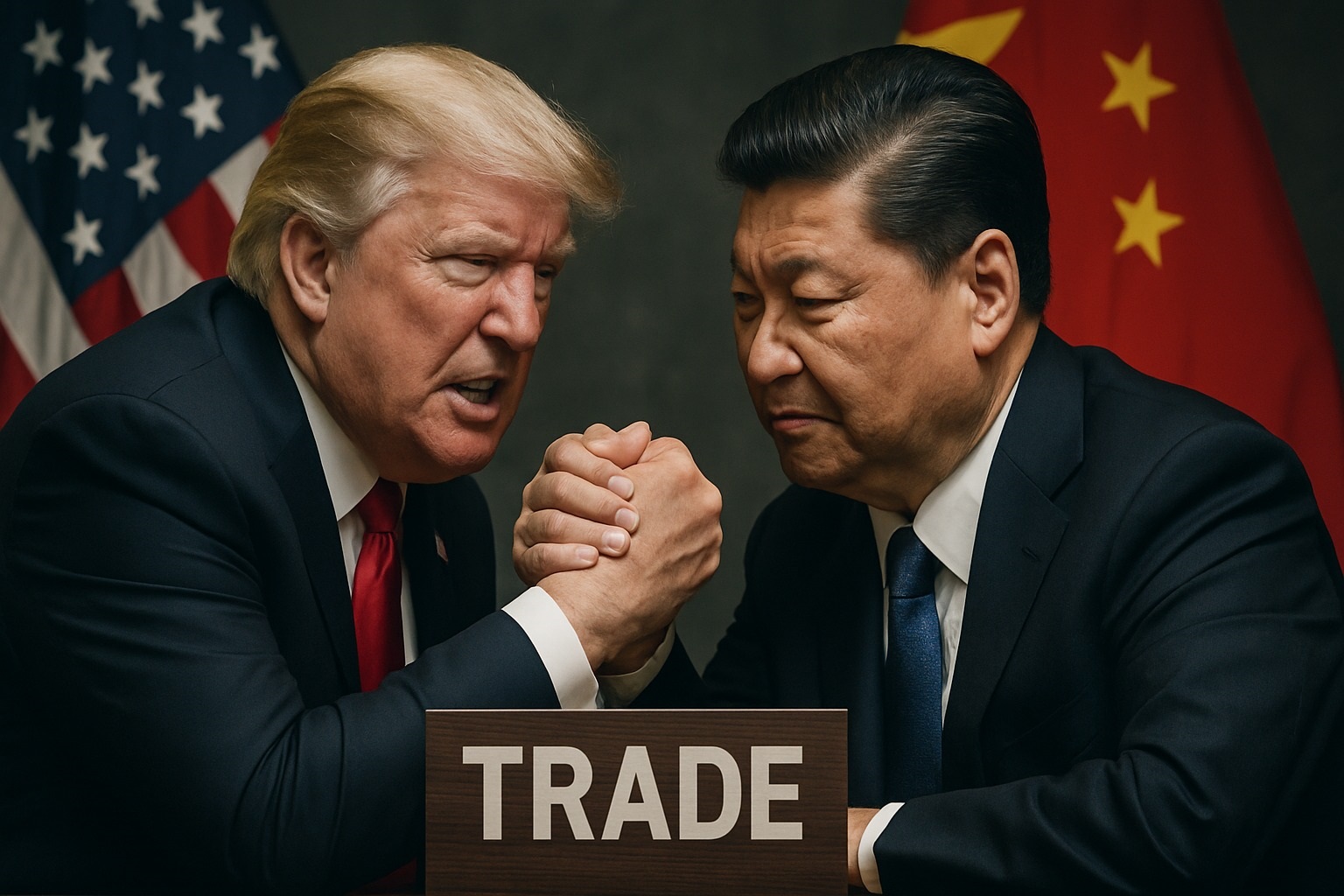Defense Minister Khawaja Asif, labeled on Wednesday reports regarding the potential extension of the Chief of Army Staff Syed Asim Munir as "premature," emphasising the current government's good ties with the army.
Speaking during an interview on Samaa TV's program "Red Line With Syed Talat Hussain," Khawaja Asif underscored the significance of the Strategic Implementation Framework Committee (SIFC) in determining the nation's future trajectory, and said the forthcoming six months are critical.
He also addressed the tenure of Army Chief Syed Asim Munir, stating that two years are remaining in his term, adding the reports regarding his extensions are premature.
Nawaz's role in cabinet formation
Speaking on political developments, Asif commented on the aspirations of former Prime Minister Nawaz Sharif, noting his focus on Punjab politics.
He highlighted Sharif's decision-making role within the party, emphasising his continued influence despite his absence from formal office.
Reflecting on the formation of the federal cabinet, Asif acknowledged the significant input of Nawaz Sharif in the selection process.
He attributed his ministerial position to the endorsement of Sharif, demonstrating the ongoing influence of the former premier within the government.
Khawaja acknowledges KP CM's concerns
Regarding recent discussions between Khyber Pakhtunkhwa Chief Minister Ali Amin Gandapur and Prime Minister Shehbaz Sharif, Asif provided insights into the constructive dialogue.
Gandapur's emphasis on inter-provincial cooperation and security concerns in KP was commended by Asif, who also announced plans for a National Security Committee meeting to address law and order issues in the region.
Furthermore, Asif revealed that three names would be proposed to the federation for the position of Chief Secretary of Khyber Pakhtunkhwa.
Addressing concerns raised by Gandapur, Asif acknowledged the misinterpretation of recent actions, urging responsible discourse both within and outside the assembly. He also cautioned against the proliferation of power centers within political parties, highlighting the need for cohesion and strategic alignment.
He also announced plans to convene a National Security Committee meeting to discuss law and order issues in KP, demonstrating the government's proactive approach to regional security matters.



























